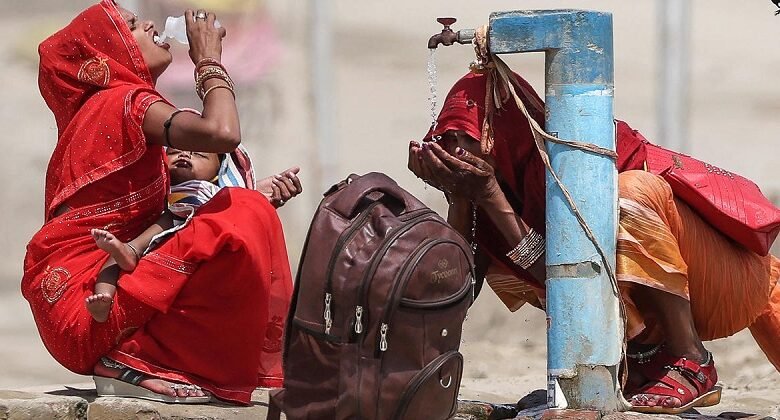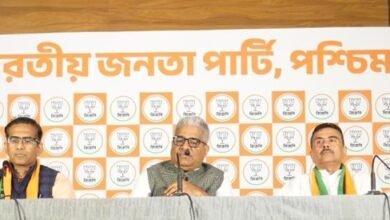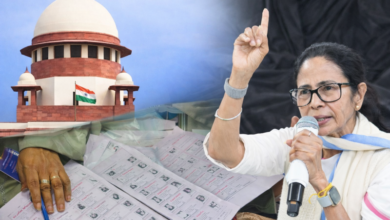Financial ‘Raksha Kavach’: Insurance Initiative Shields 46,000 Indian Women from Hazardous Work During Heatwaves

News Mania Desk/ Agnibeena Ghosh/15th June 2024
A pioneering insurance program has successfully protected around 46,000 Indian women from hazardous work conditions during severe heatwaves. This initiative, developed through a collaboration between insurance companies and various NGOs, has provided a vital safety net for women in India’s informal labor sector, which is often the hardest hit by extreme weather conditions.
The insurance scheme was designed to offer financial compensation to women, enabling them to avoid working in dangerous heat conditions. With climate change exacerbating the frequency and intensity of heatwaves, the program has become increasingly crucial. The compensation allows these women to take necessary breaks from their physically demanding jobs without the fear of losing their income, thereby safeguarding their health and well-being. This not only enhances their financial well being, but ensures that by giving them the opportunity to maintain a healthy physical state, they are capable to working in the future- retaining a major portion of the informal labor sector workforce.
In India, where a significant portion of the workforce is employed in the informal sector, women often engage in strenuous outdoor labor. These workers are typically the most vulnerable to climate-induced health risks, including heat-related illnesses such as heatstroke and dehydration. The insurance scheme not only mitigates these risks but also underscores the broader need for climate resilience strategies that prioritize the health of vulnerable populations. It can be seen as the first step towards the development for a more sustainable future where all workers are valued.
The program has also highlighted the importance of integrating gender-sensitive approaches in climate adaptation policies. By specifically targeting female workers, it addresses the unique challenges they face and ensures that women are not disproportionately affected by climate change. Since women’s physical constituencies have certain differences from their male counterparts, the typical workday can prove to be difficult for them since it was developed by keeping the male physique in mind. This initiative serves as a model for similar programs globally, showcasing how targeted insurance schemes can effectively protect vulnerable groups from climate-related hazards.






